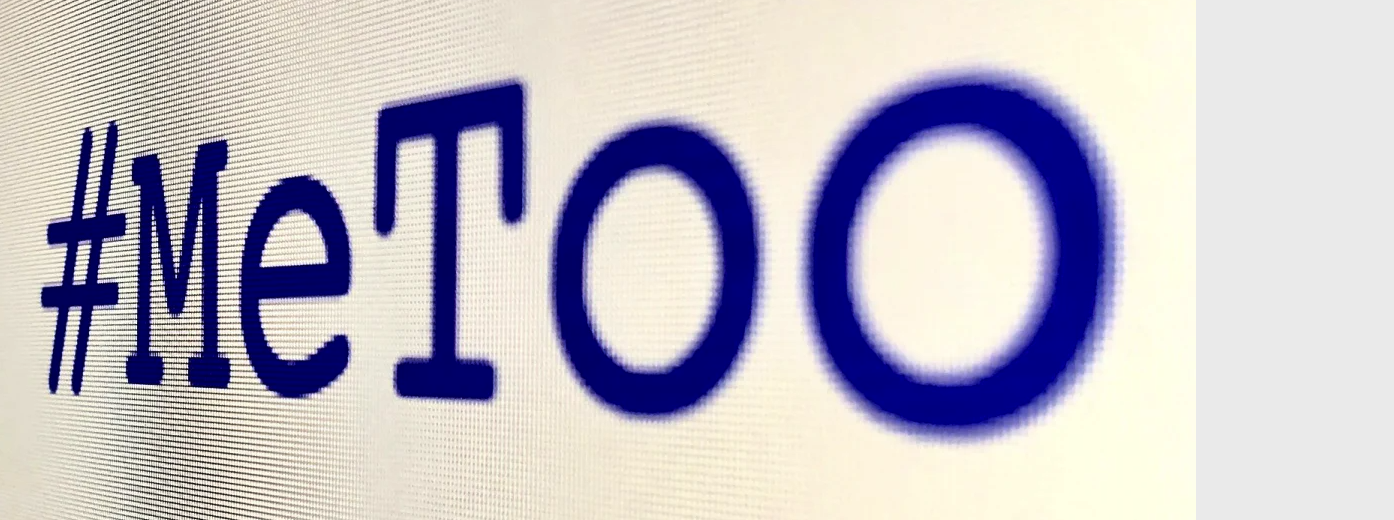In October 2017, Raya Sarkar, a 24-year-old law student from India, published a crowdsourced list (“The List”) on Facebook containing the names of male Indian academics who were alleged to have harassed women. This marked the beginning of the #MeToo movement in India, with universities becoming key sites for discussions, debates, and activism. Due to the failures of both the criminal justice system and the inherently capitalist, patriarchal, casteist structures of Indian academia, following the release of the list hundreds of survivors who experienced sexual and gender-based violence (SGBV) at universities in India came forward online, disclosing their stories of harassment and abuse leading to critical conversations, reflections, and debates.
Here it is important to note that universities in India do have existing processes to deal with SGBV. In many cases, these were created by the concerted efforts of feminists, activists, lawyers, and students coming together. Yet, despite these processes, the list challenged the notion of ‘due process.’ So, why did survivors turn to online platforms to share their experiences of SGBV and publicly identify alleged perpetrators?
To answer this question, seven survivors were interviewed, who had previously disclosed their testimonies online following the #MeToo movement. Some shared their stories on their individual Facebook pages, while others formed anonymous groups on platforms like Medium, where they collectively presented testimonies against specific perpetrators. It’s crucial to note that all interviewed survivors identified as cis-gender, heterosexual, Hindu women from upper-class, upper-caste backgrounds. Consequently, it’s essential to recognise the homogeneity and privileged position of the participants as a distinct drawback of both this research and India’s #MeToo movement as a whole. It is further evidence of the Brahmanical structures of Indian academia, underscoring the importance of remaining mindful of how power and privilege influence those whose experiences are acknowledged and recognised. Various authors have also addressed the lack of testimonies from people with marginalised identities in the #MeToo movement. Every participant spoke of having no faith in due process. The research showed that many of the students who fought to have due process implemented in their institutions were also supportive of The List. This lack of faith was not rooted in any opposition to the notion of ‘due process’ – rather it was a response to ‘due process’ not working the way it should because of power dynamics, hierarchies, and notions of shame attached to any form of SGBV. Survivors spoke of their insecurity about registering a formal complaint due to fear of being victim-blamed, lack of support from their peers, institutional backlash, and lack of mental health support. This fear was amplified in participants who came from marginalised backgrounds. Survivors also repeatedly mentioned that their idea of justice was not fulfilled by due process mechanisms which solely focused on criminalising individuals without centring healing, care, compassion, or accountability. When reflecting on how her perpetrator was fired after her allegations went public, one survivor shared:
I don’t feel very good about that because what I also know about this person is that he was doing these jobs because he had a lot of debt and I know his parents’ financial situation is not good. I know if he no longer has a job it would affect people other than him. So I don’t feel good about that either.
While the common notion is that survivors chose to name and shame solely to punish or humiliate perpetrators, our survivors unanimously disagreed. Most survivors emphasised that they did not seek to end the perpetrator’s careers or sabotage their personal lives, contrary to the societal misconception that survivors are only motivated by revenge. They did not want anyone else to go through what they went through. They also articulated their hope that in being identified as a sexual predator, perpetrators could find help, support or therapy to overcome their abusive behaviours.
These findings are relevant not only in the Indian context but in HE globally. In our work and activism, we’ve encountered similar stories and demands in countries worldwide. HE institutions, while encouraging students and staff to engage in due process, rarely consider survivors’ needs, the significant cost most survivors bear to ‘speak out’, or what constitutes ‘justice’ for survivors.
Listening to and learning from survivor voices demonstrates an urgent need to ensure institutional policies, sector standards, editorial guidelines, training, and activism prioritise survivor needs and their ideas of justice. Meaningful changes in the sector must be survivor-centred, trauma-informed and have accountability at its core; only this can result in broader cultural and structural changes. Unless mechanisms are reformed so that survivors know support and alternative forms of justice are a possibility, it is perhaps unsurprising that survivors are turning to alternative platforms.
Featured image source: Wikimedia Commons











